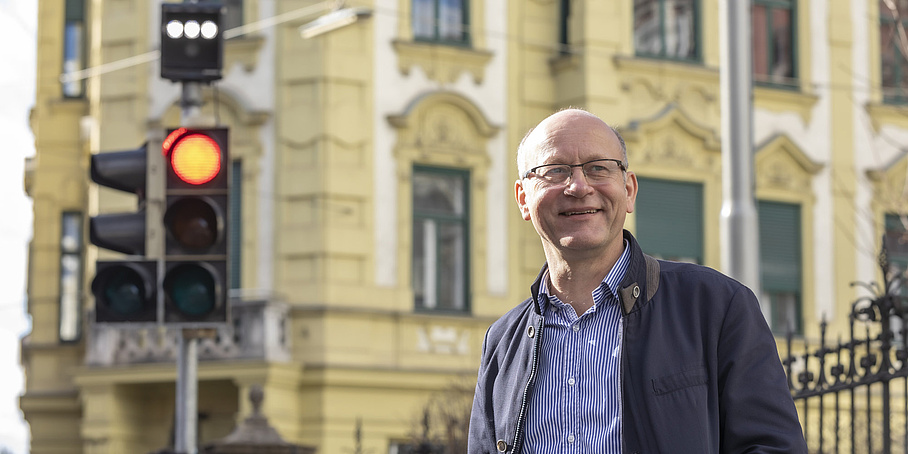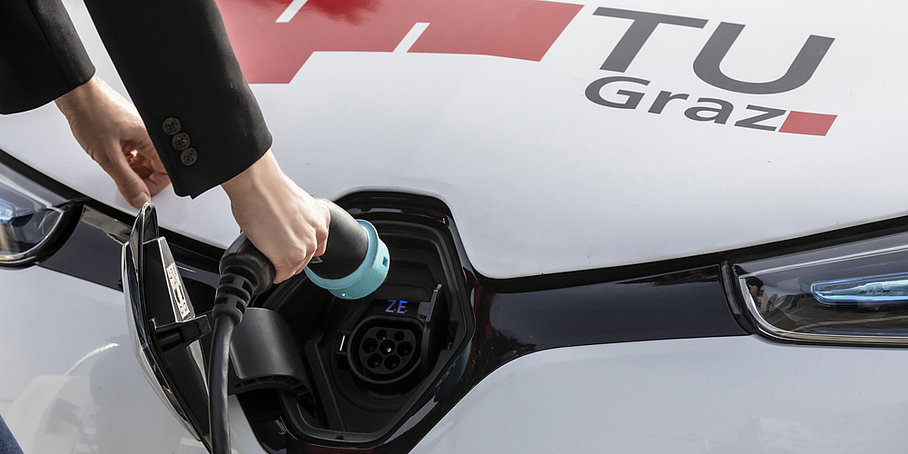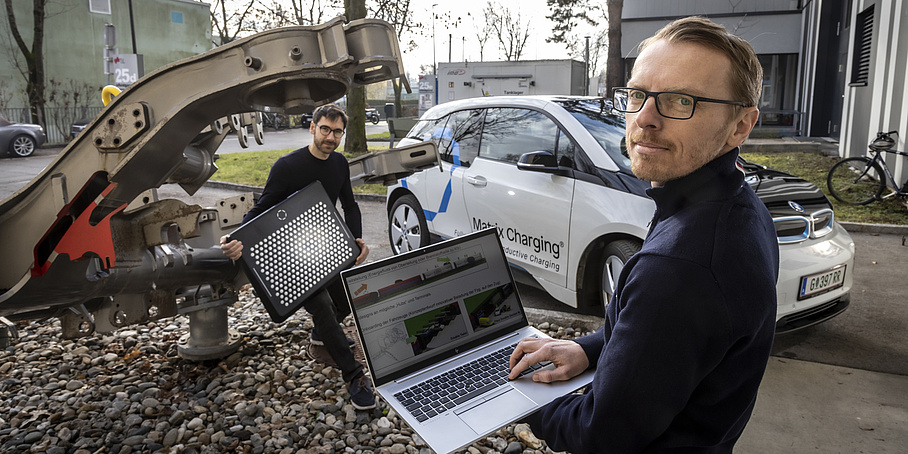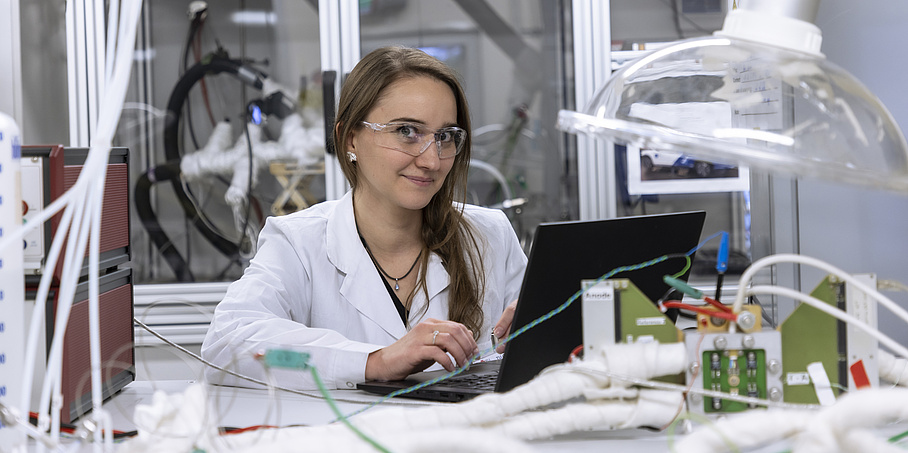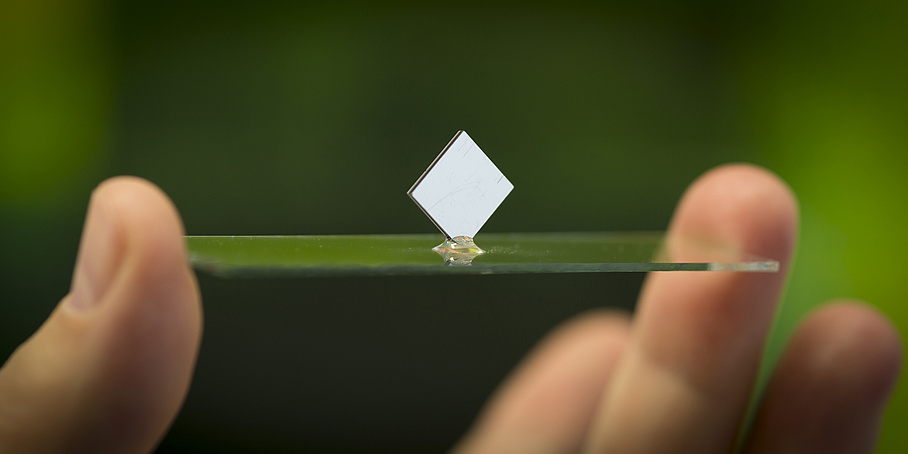Electric energy is considered one of the most important factors for a sustainable future. In particular, the electrification of our mobility should lead to lower exhaust emissions, significantly better air and out of dependence on imported fossil fuels.
However, this raises a big question: How will we be able to refuel our vehicles with electricity quickly, flexibly and independently in the future?
In addition to adaptations to our electricity grids that have to cope with the increased energy demand, the expansion of a high-performance charging infrastructure is just as necessary as the development of innovative charging concepts.
“I can’t install 100 wall boxes in a block of flats with 100 parking spaces”
Electromobility is not only a drivetrain issue but also an infrastructure issue. Martin Fellendorf from the Institute of Highway Engineering and Transport Planning talks about the challenges involved.
Fitness check: Energy Transition, Electricity Grids and Electromobility
Herwig Renner and Daniel Herbst are conducting research into the Austrian electrical energy system at TU Graz and explain in an interview whether our electricity grids are ready for electromobility.
When Trains Charge Electric Cars
If you want to drive long distances with an electric car, you have to think about charging stops. TU Graz’s RailCharge project hands over the charging process to the tracks and thus solves several problems.
Decarbonisation of Energy Systems: Research Center ENERGETIC
Urgent questions from the energy industry and energy analytics are the focus of the research centre ENERGETIC, whose opening on 14th April will be flanked by a deep dive workshop on Europe’s energy supply organised by the World Energy Council.
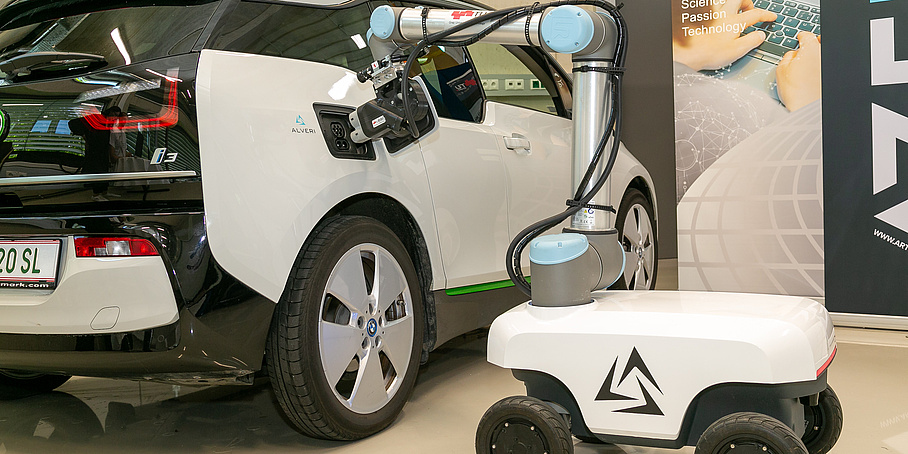
The Mobile Robot that Charges E-Cars
The fully autonomous, mobile charging robot finds its way independently to the parked electric vehicle (EV) and supplies it with energy. The prototype developed by TU Graz and the Austrian companies ALVERI and ARTI Robots is intended to contribute to the widespread use of e-mobility.
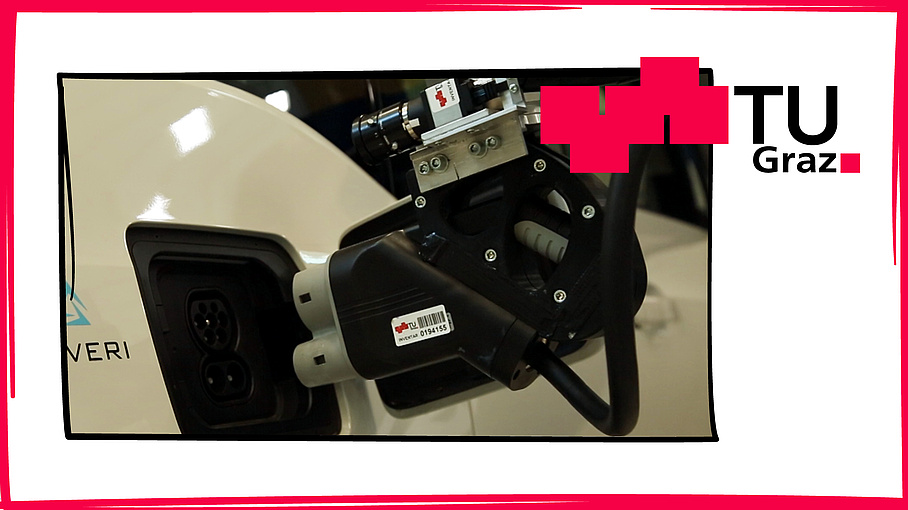
Autonomous Chrging Robot for E-Cars
Driving to the shopping centre, parking the e-vehicle, shopping and then finding a fully charged battery - this vision is getting closer and closer.
Merit Bodner: Focusing on the Aging of Fuel Cells
Fuel cells are of great importance when it comes to renewable energy systems. But – like everything else – they age. Merit Bodner wants to prevent this process with her research.
From the Archive: Battery-Driven Research at TU Graz
Batteries are a broad field of research. Energy storage systems of the future should be more powerful, more environmentally friendly, smaller and even safer – work is being done on this at TU Graz.
